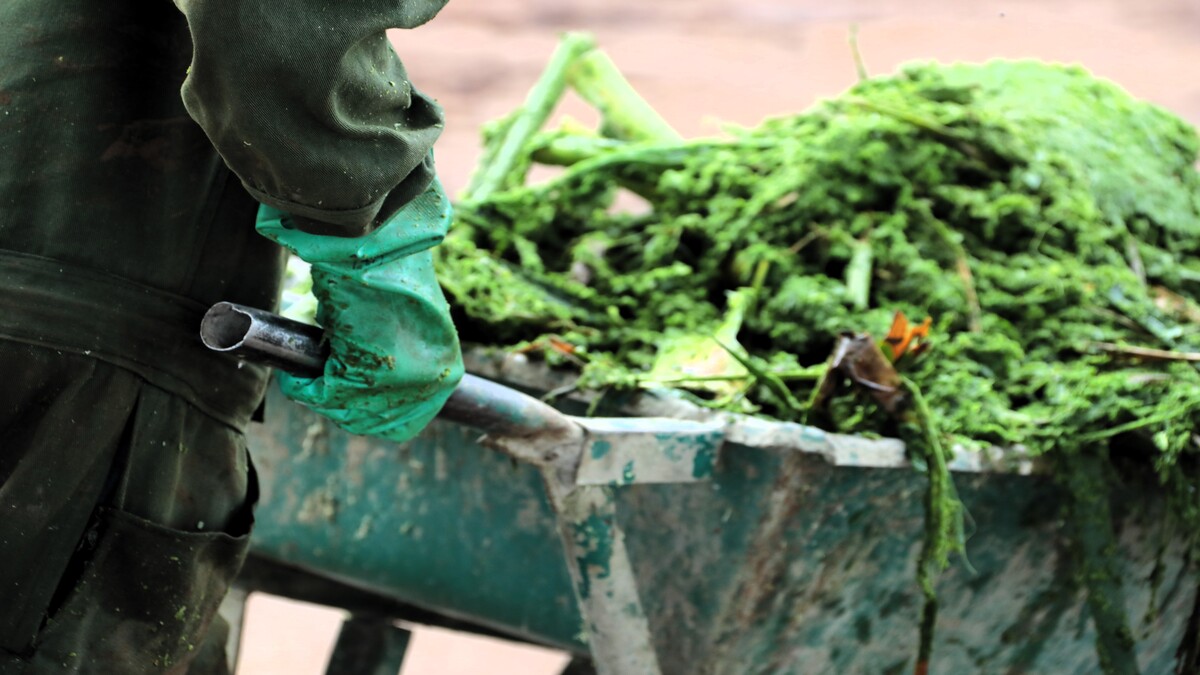UNCTAD and Chatham House side event of the World Circular Economy Forum
With over 75 circular economy roadmaps being published as of 2025, organic materials take prominence, as they offer immediate value-addition potential. At the same time, development of their potential into value-added products often falls behind when compared to circularity in technical material sectors, such as plastics, minerals or batteries.
Organic materials such as crop residues and the organic fractions of municipal solid waste have often been developed often in isolation by countries, with specific sectors receiving significant attention (e.g. bio-fuels based on specific crops).
The lack of comprehensive strategies to derive value across different types and sectors of organic residues is an untapped source of food, fibre, feed, fuel, and carbon sequestration.
This event, being held as a side-event to the World Circular Economy Forum 2025 in Sao Paulo, promotes a bottom-up, evidence-based exchange by showcasing concrete cases from grantees of the UK-UNCTAD SMEP Programme active in West and East Africa, where challenges - and potentials - around organic residues are very similar to those in South America and other world regions.
The concrete projects in this session will demonstrate how organic residues can be transformed into high-value products with immediate market and international trade potential, highlighting opportunities for South-South cooperation.
Building on these empirical cases, the session will explore enabling policies, summarized by work of Chatham House comparing national circular economy roadmaps and their organic components, including reforms to waste management laws and contracts that prioritize value addition over land-filling.
The discussions will focus on practical experiences and strategies for unlocking the full potential of the organic cycle in circular economy frameworks.
This is an official World Circular Economy Forum 2025 side-event.





